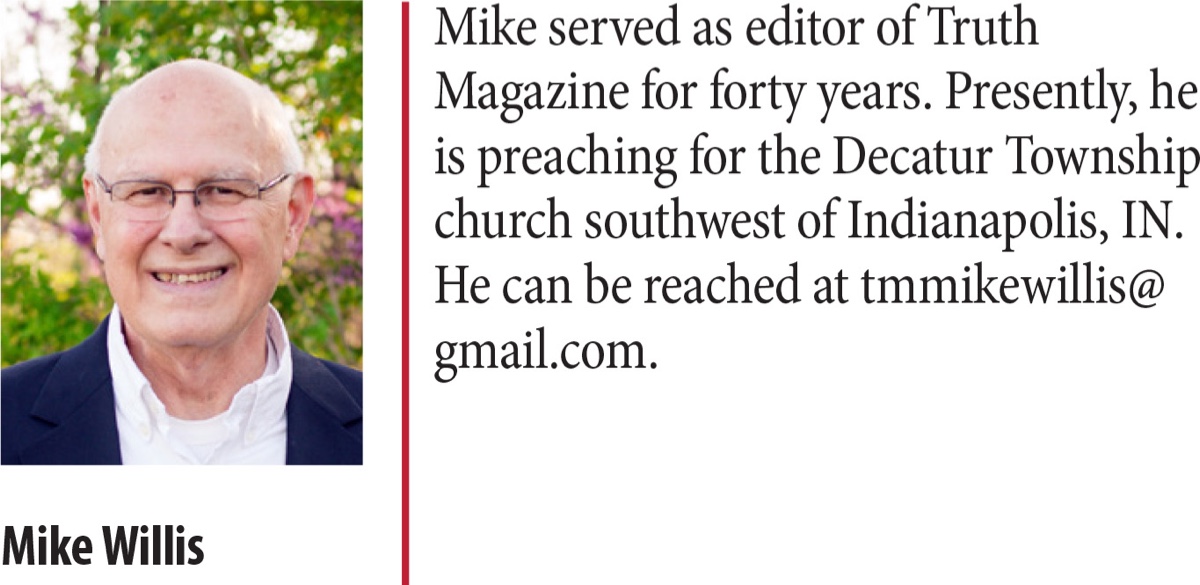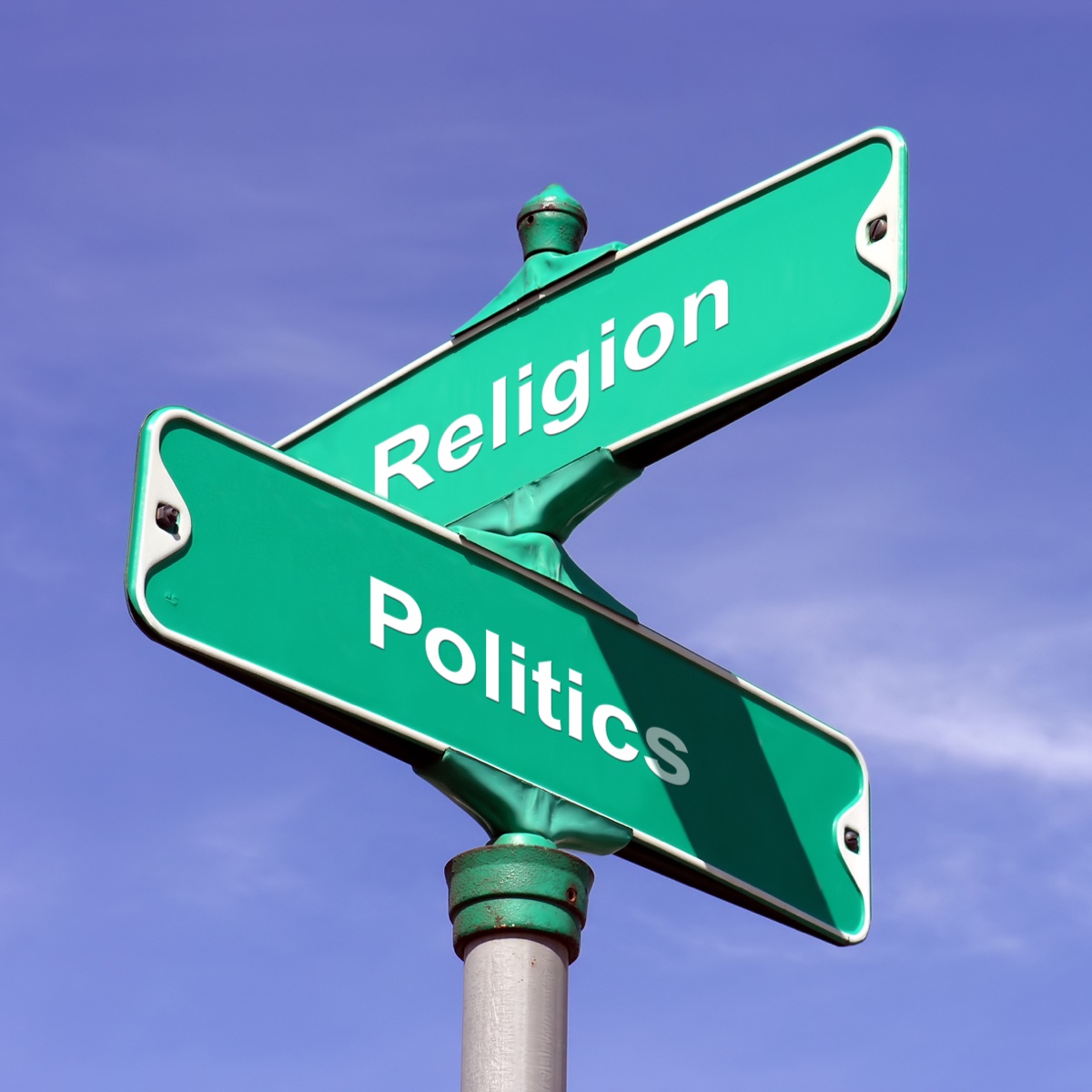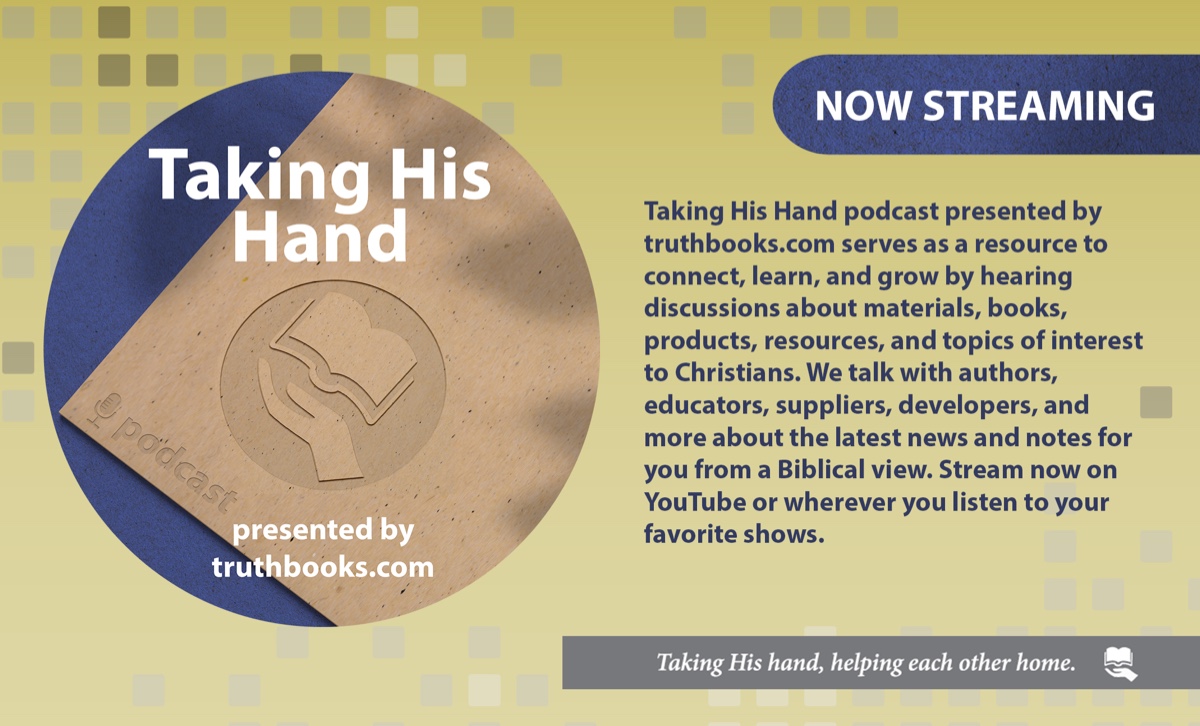By Mike Willis
Synopsis: The woke movement is a looming threat to Christians in America because its belief system undermines and radically opposes the tenets of Christian faith.
While this article focuses upon “Woke’s Impact upon Religion,” it is important that we understand the movement’s origin and recent impact upon society.
Many people of my generation have been shocked by the meteoric rise of the Black Lives Matter (BLM) movement in America. Books have already been written to better understand the background from which it came and how it is affecting American culture. Today, the idea of being “woke” is to recognize the role of the white oppressor and the black oppressed (Note #1). Those in positions of authority are the oppressors and those affected by their decisions are the oppressed. At first, the term was only applied to racism (white oppressors/black oppressed), but soon the term was used of all kinds of oppression: feminist, sexual (including homosexual, transgender, etc.), political, and religious. It is called identity politics (Note #2). Because Christianity has been the dominant religion in America, it also is viewed as an oppressor. In the Marxist view from which the social justice movement’s belief came, the oppressed are urged to disrupt or destroy all kinds of oppressors.
A white person becomes woke (Note #3) when he confesses the sins of his ancestors’ involvement in slavery and other forms of racism. The person is expected to repent of his ancestors’ guilt and the advantages he has inherited as a result of his “white privilege,” i.e. being born white in a society dominated by whites. This confession might include confessing one’s sins for complicity in the murder of Dr. Martin Luther King, although one’s parents and grandparents had never even seen King, except on television.
Sociologists who are trying to identify and classify the BLM or woke movement are placing it in the category of a religion (Note #4). There are many similarities between the faith of the social justice movement and religion, as itemized in the materials listed. One of the primary comparisons is white supremacy (Note #5) and original sin (Note #6) as understood by Calvinist theology. In Calvinist doctrine, original sin is passed down by procreation from Adam to every man. It corrupts his nature, though he may repent of his sins; one can never escape his corrupted nature. He can receive salvation only by the influence of God’s Holy Spirit, enabling him to believe. Similarly, whites inherit by procreation their whiteness and there is nothing they can do to escape or overcome their whiteness. Becoming woke is comparable to the conversion experience whereby one confesses his whiteness and accepts his responsibilities for the oppression of the black people.
The BLM movement quickly evolved into the larger social justice movement that includes feminist, sexual, and religious oppression. The woke movement is a postmodern, secular movement which has the foundational belief that God is dead, embracing the bleak nihilism that results from that belief. Here are its axioms:
Knowledge and truth are largely socially constructed, not objectively discovered.
What we believe to be “true” is in large part a function of social power: who wields it, who’s oppressed by it, and how it influences which messages we hear.
Power is generally oppressive and self-interested (and implicitly zero-sum).
Thus, most claims about supposedly objective truth are actually power plays, or strategies for legitimizing particular social arrangements (see Lindsay and Nayna, quoting Connor Wood, under sub-heading “Faith in Social Justice”).
The power of this movement would be difficult to exaggerate. Lindsay and Nayna described the power of the social justice movement saying,
Social Justice seeks societal institutionalization at the broadest scales, but it started out by bending our universities to its agenda. Because universities are the houses of higher education in our society, thus the pinnacle institutions for creating, legitimizing, and passing on knowledge, this has been a frightfully worrying takeover. And this point that they’ve taken over our greatest institutions for producing and transmitting knowledge is no small point. Religions in secular sociopolitical environments are forced to treat their beliefs as beliefs. Social Justice has arranged things such that it can treat its beliefs as knowledge.
The result is that this slow creep into academic institutions makes Social Justice much harder to challenge or dismiss from the outside than religious precepts (at least in the modernized world over the last couple hundred years—certainly this difficulty exists in every non-secular society, from the pre-Enlightenment Catholics to the devout Hindu and Islamic worlds today, all of which also claim or claimed to be the true arbiters and producers of genuine knowledge). This enables Social Justice as an ideology to seep out of the university with undue legitimacy, both through citations of its research and application by its graduates. In this way, it creeps into other institutions, including primary and secondary education and any portions of media, the corporate world, and politics that are susceptible to it. Surely you will have noticed that everywhere people seem to be taking up initiatives to incorporate equity, diversity, and inclusion at an institutional level. Unwelcome and worrying as it may be, this is to be expected (under the sub-heading “Social Justice Institutionalized”).
Another example of the power of the BLM/social justice movement is seen from the riots of 2020. The Armed Conflict Locations & Event Data Project (ACLED) published a paper concerning “Demonstrations & Political Violence in America,” for the Summer of 2020, which says, “Between 26 May, the day after (George) Floyd’s death, and 22 August, ACLED records over 7,750 demonstrations linked to the BLM movement across more than 2,440 locations in all 50 states and Washington, D.C.” Again, the power of this movement is difficult to exaggerate!
Originating in secularist, post-modern thought, the woke movement rejects the belief in God. I do not have space here to answer the atheist position, but refer you to a good discussion in Daniel H. King’s book, Does God Exist? (Truth Publications, 2020).
This is a logical consequence of denying God’s existence. Therefore, there is no inspired revelation to guide mankind through his earthly life. For the woke movement, the Bible claims for itself are mistaken: “All Scripture is given by inspiration of God, and is profitable for doctrine, for reproof, for correction, for instruction in righteousness, that the man of God may be complete, thoroughly equipped for every good work” (2 Tim. 3:16-17; cf. 2 Pet. 1:20-21). Leaders of the woke movement would acknowledge that the Bible is sacred to Christians in the same sense that the Book of Mormon is to Mormons and the Koran is to Muslims, but none of these books carries any weight with unbelievers.
It is logically compelled to deny absolute truth. By denying God, a person denies that there is a God point of view on any subject. Jesus was mistaken when He said about the words of the Old Testament, “Your word is truth” (John 17:17).
Post modern morality is what is right for you, but you should not try to bind his moral standards on me. The movement seems oblivious to the logical consequences of their own social justice movement. Who defines what is “justice”? If there is no absolute morality, what makes it wrong to oppress anyone else? One should hold his belief about social justice to himself and not try to bind it on others. It would seem that “oppression” in a secularist model for the universe is nothing more than the natural consequences of Darwinian evolution, the survival of the fittest. In that context, oppression has no moral meaning.
The post modern view of Jesus, if one admits He is a historical person (some do not), is that He was a good man who was an itinerant teacher of the first century, a faith healer, exorcist, and “miracle” worker. He was crucified in Jerusalem by Pontius Pilate. That is about as far as a postmodernist can go. Yet, the belief that Jesus was a simply good man is about the most impossible belief that one can have. If Jesus claimed to be God (and He did, see John 1:1-3, 14), He was either a liar (therefore, not good) or a lunatic (for claiming to be God). If He was neither liar nor lunatic, one is left with only one alternative—He was Lord! Yet, the postmodernist does not believe God exists.
The social justice movement opposes Christianity as an oppressive religion that should be held as one’s private view, if held at all, because it is oppressive to feminists, homosexuals, and transgender people. It holds the Christian religion responsible for the oppression of black slaves in America, although it is historically evident that atheism is not what led to the liberation of black men from slavery. Rather, it was the biblical teaching that all of mankind is created in the image of God, both male and female (Gen. 1:26). The social justice warriors have committed violent attacks against Christianity when it defaced and damaged Roman Catholic Church houses of worship because of their pro-abortion stance and also launched attacks against Right to Life organizations and their buildings. It is a religious oppressor trying to force its views about abortion and sexuality on all other people.
Merriam-Webster defines “justice” as “the maintenance or administration of what is just, especially by the impartial adjustment of conflicting claims or the assignment of merited rewards or punishments.” When did it become “justice” to hold any man accountable for a crime that he has not committed, such as occurs when it tries to extract reparations for slavery from those who have never seen or owned a slave? Recent court decisions are recognizing that the Affirmative Action programs are racist, depriving both Asians and Whites of equal opportunities because of the color of their skin.
It is a battle for power! Should this movement gain full control of power, we can expect not only cancel culture, but also persecution, imprisonment, and even death. Woke leaders are among the first to “cancel” anyone who disagrees with them (Note #7). The cancel culture is ready to deprive the free speech of those who disagree, to use the powers of their institutions and that of government itself to silence opponents. It is but a short step between cancel culture and political and religious oppression. Isn’t it ironic that a movement identifying itself as Social Justice, appealing for justice for the oppressed, is already showing signs of becoming the oppressor. It already has control of our educational system in higher education and is showing its power over elementary through high school by indoctrinating our children with government-sponsored social justice/wokeism. It shows itself intolerant of Christian beliefs and morality, and is willing to use the power of federal government to enforce its beliefs about homosexuality and transgender. To emphasize the magnitude of the woke movement threat, we should recognize that it is already controls all levels of education, government, and on top of that, has the buy-in of major corporations and technology giants.
As I am writing this article, Queen Elizabeth II has just passed away and her funeral is in progress. When her passing was imminent, Professor Uju Anya, a university professor and researcher in applied linguistics, critical sociolinguistics, and critical discourse studies primarily examining race, gender, sexual, and social class identities at Carnegie Mellon University in Pittsburgh, PA, wrote wishing the Queen “excruciating pain” upon her death for presiding over a genocidal regime. How disgusting! What would happen to a professor at an American university who posted the same thing about former president Barack Obama? Would he still have a job at the end of the day? Nothing is likely to happen to Prof. Anya because higher education is controlled by the woke establishment. I am not optimistic that anything will come from this explicit example of the venom from the woke establishment. It makes you ask, in Marxist terms, who is the oppressed and who is the oppressor?
The spread of the woke movement portends ominous times for Christians. To this writer, the future looks bleak in America.
(Note #1): For a brief account of the history of the word “woke” and its meaning, consider the following:
Before 2014, the call to “stay woke” was, for many people, unheard of. The idea behind it was common within black communities at that point—the notion that staying “woke” and alert to the deceptions of other people was a basic survival tactic. But in 2014, following the police killing of Michael Brown in Ferguson, Missouri, “stay woke” suddenly became the cautionary watchword of Black Lives Matter activists on the streets, used in a chilling and specific context: keeping watch for police brutality and unjust police tactics.
In the six years since Brown’s death, “woke” has evolved into a single-word summation of leftist political ideology, centered on social justice politics and critical race theory. This framing of “woke” is bipartisan: It’s used as a shorthand for political progressiveness by the left, and as a denigration of leftist culture by the right.
On the left, to be “woke” means to identify as a staunch social justice advocate who’s abreast of contemporary political concerns—or to be perceived that way, whether or not you ever claimed to be “woke” yourself (Romano, Aja. “A history of ‘wokeness’”).
(Note #2): “Identity politics is a political approach wherein people of a particular race, nationality, religion, gender, sexual orientation, social background, social class, or other identifying factors develop political agendas that are based upon these identities. Identity politics is deeply connected with the idea that some groups in society are oppressed and begins with analysis of that oppression. The term is used primarily to describe political movements in western societies, covering nationalist, multicultural, women’s rights, civil rights, and LGBT movements” (https://en.wikipedia.org/wiki/Identity_politics).
(Note #3): “Woke (WOHK) is an English adjective meaning ‘alert to racial prejudice and discrimination’ that originated in African-American Vernacular English (AAVE). Beginning in the 2010s, it came to encompass a broader awareness of social inequalities such as sexism, and has also been used as shorthand for American Left ideas involving identity politics and social justice, such as the notion of white privilege and slavery reparations for African Americans” (https://en.wikipedia.org/wiki/woke).
(Note #4): See Voddie T. Baucham, Jr., Fault Lines; John McWhorter, “Atonement as Activism” (The American Interest, 24:1 (May 24, 2018) , available online at https://www.the-american-interest.com/2018/05/24/atonement-as-activism/; “Antiracism, Our Flawed New Religion,” (The Daily Beast, (April 14, 2017) , available online at https://www.thedailybeast.com/antiracism-our-flawed-new-religion?ref=scroll; “On ‘Social Justice’ and the Gospel,” Parts 1-4 (available in the archives of gty.org); Michael Vlahos, “Church of Woke: The Next American Religion?” (Humanitas Journal 34 (2021):1-2, pp. 113-122); James M. Patterson, “Wokeness and the New Religious Establishment” (National Affairs, 52: Summer 2022); James A. Lindsay and Mike Nayna, “Postmodern Religion and the Faith of Social Justice,” Areo Magazine, 12/18/2018 (available online).
(Note #5): To most of us, a white supremacist is someone who is a member of the KKK or other white supremacist groups; to the social justice group, every white person is a White Supremacist by birth.
(Note #6): To define “original sin,” I quote from the Westminster Confession of Faith:
“3. They (Adam and Eve, mw) being the root of mankind, the guilt of this sin was imputed, and the same death in sin and corrupted nature conveyed to all their posterity, descending from them by original generation.
“4. From this original corruption, whereby we are utterly indisposed, disabled, and made opposite to all good, and wholly inclined to all evil, do proceed all actual transgressions” (Chapter 6, Of the Fall of Man, of Sin, and of the Punishment Thereof).
(Note #7): “The notion of cancel culture is a variant on the term call-out culture. It is often said to take the form of boycotting or shunning an individual (often a celebrity) who is deemed to have acted or spoken in an unacceptable manner” (https://en.wikipedia.org/wiki/Cancel_culture#:~:text=The%20notion%20of%20cancel%20culture,spoken%20in%20an%20unacceptable%20manner).
“Cancel Culture.” Wikipedia. https://en.wikipedia.org/wiki/Cancel_culture
“Identity Politics.” Wikipedia. https://en.wikipedia.org/wiki/Identity_politics
Lindsay, James and Mike Nayna. “Postmodern Religion and the Faith of Social Justice.” New Discourses, June 18, 2020. https://newdiscourses.com/2020/06/postmodern-religion-faith-social-justice/
Romano, Aja. “A history of ‘wokeness.’” Vox, Oct. 9, 2020. https://www.vox.com/culture/21437879/stay-woke-wokeness-history-origin-evolution-controversy
“Westminster Confession of Faith.” Reformed Theological Seminary. https://rts.edu/about/reformed-tradition/westminster-confession-of-faith/
“Woke.” Wikipedia. https://en.wikipedia.org/wiki/woke


